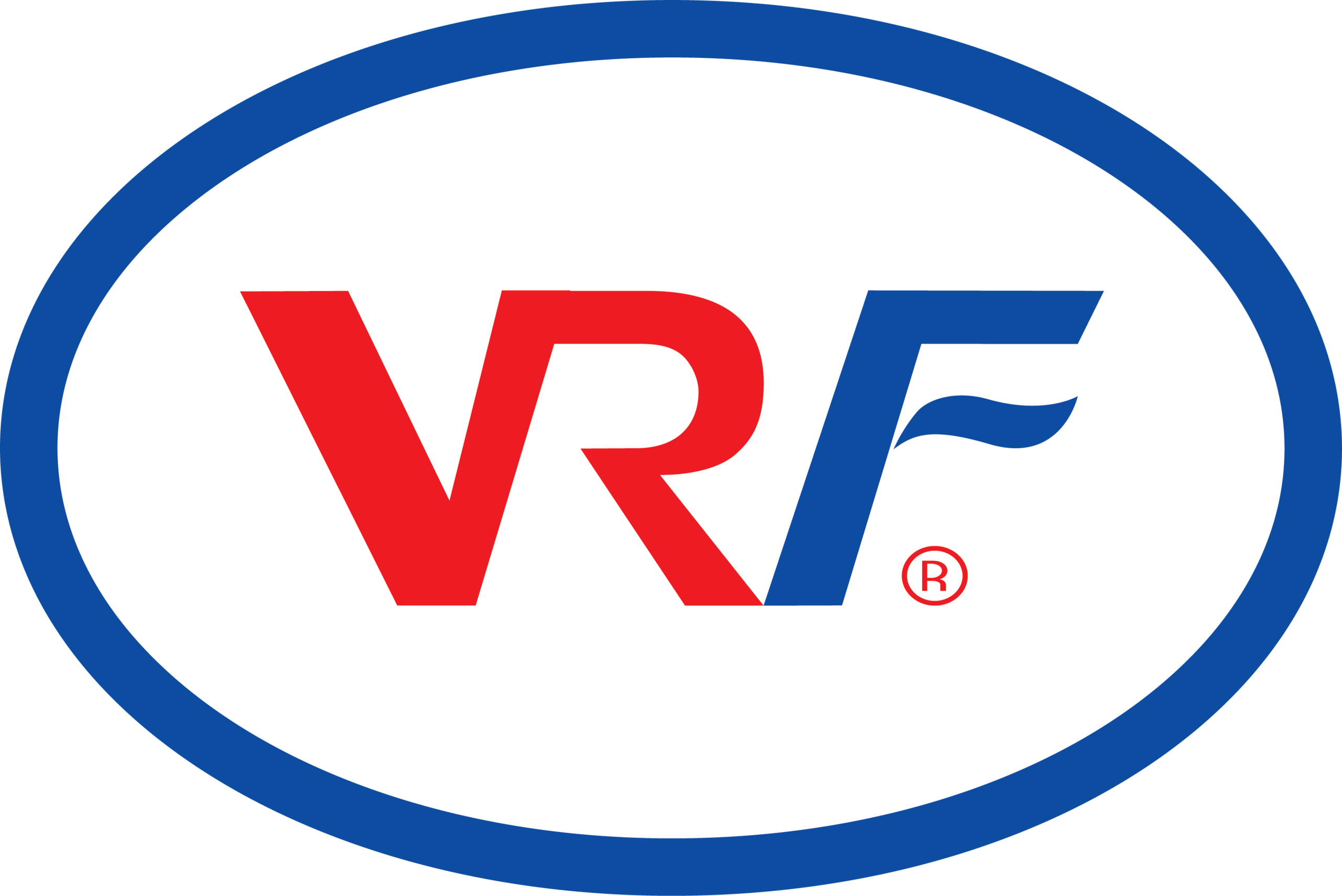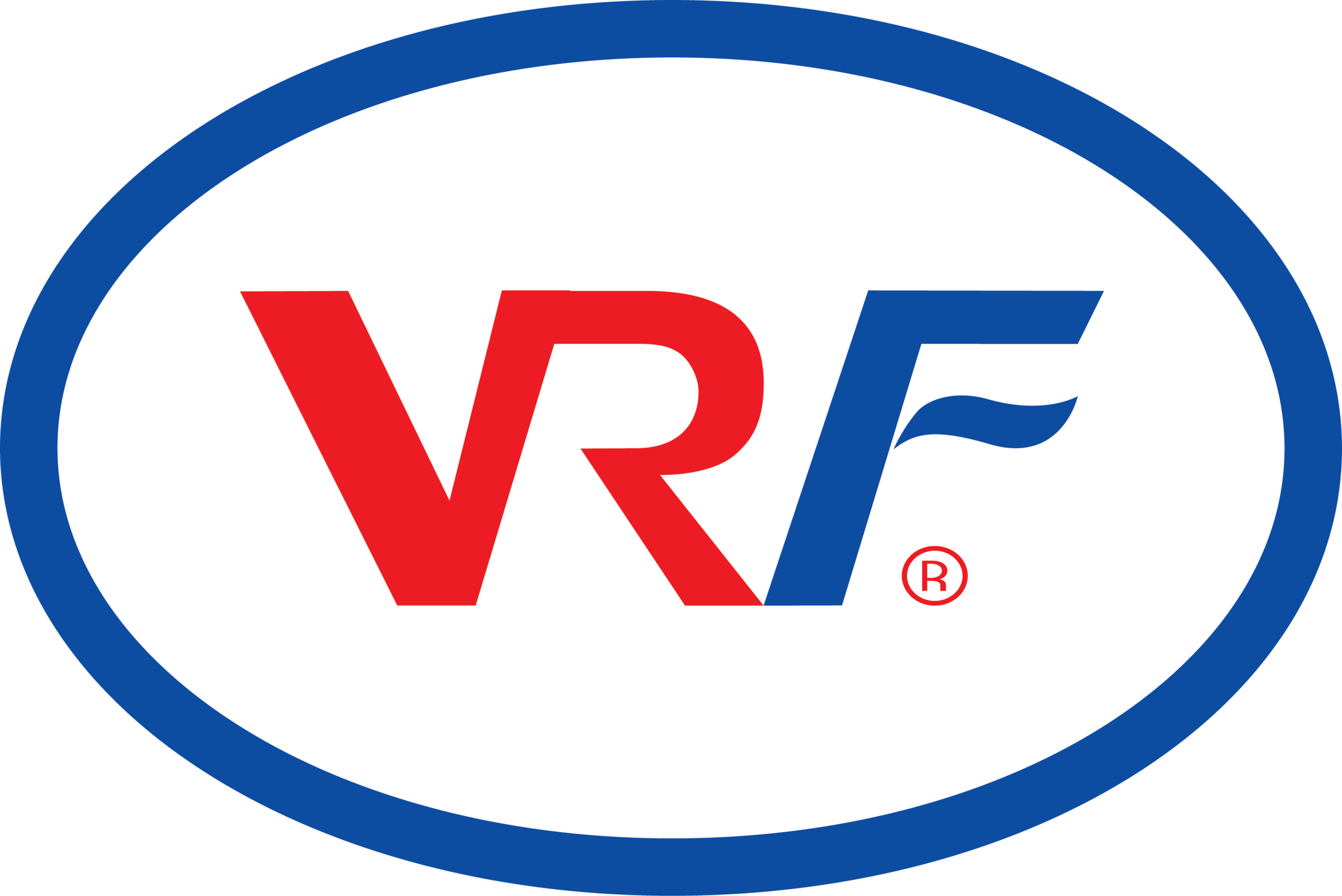Iron ore is one of the most critical raw materials driving modern industrial growth. It serves as the foundation for steel production, which is indispensable in infrastructure development, construction, transportation, and manufacturing. With urbanization accelerating worldwide, the demand for steel has surged, making iron ore a commodity of strategic importance. Major iron ore-producing countries have leveraged this resource to strengthen their economies, with production and exportation influencing global trade dynamics.
The extraction and processing of iron ore involve complex operations, from mining to beneficiation and pelletization, ensuring that the material meets the stringent requirements for steelmaking. High-grade iron ore is especially valued for its superior yield and efficiency in blast furnaces, reducing energy consumption and costs. Meanwhile, the low-grade ores are often blended or enriched through technological processes to improve their quality, highlighting the industry’s focus on innovation and efficiency.
Iron ore also plays a pivotal role in the circular economy. Steel, produced from iron ore, is highly recyclable, and scrap steel can often replace raw iron in the production process. This contributes to sustainability efforts and reduces the environmental impact associated with mining activities. At the same time, mining operations must balance economic objectives with environmental responsibilities, adopting best practices to minimize land degradation, water consumption, and air pollution.
In addition to industrial applications, iron ore is a driver of employment and socio-economic development in resource-rich regions. Mining communities benefit from infrastructure development, education, and healthcare, although challenges remain in ensuring fair labor practices and mitigating social impacts. Governments and companies increasingly collaborate on policies and programs to support sustainable growth and responsible mining.
Technological advancements have transformed the iron ore market landscape, enhancing extraction, processing, and transportation. Automation, remote monitoring, and artificial intelligence are improving operational efficiency, safety, and environmental compliance. Furthermore, global supply chains are evolving, with producers seeking new markets, diversifying sources, and ensuring supply security amid geopolitical uncertainties.
Looking ahead, iron ore is expected to remain indispensable to industrial development. Demand patterns may shift with emerging technologies, green energy infrastructure, and evolving steel applications. Producers and stakeholders will need to navigate market volatility, regulatory frameworks, and sustainability requirements to maintain competitiveness. In essence, iron ore’s role extends far beyond a simple mineral—it underpins economic growth, technological advancement, and sustainable development across the globe.


